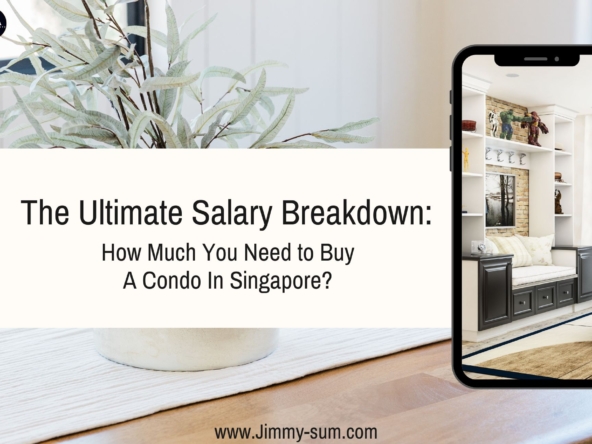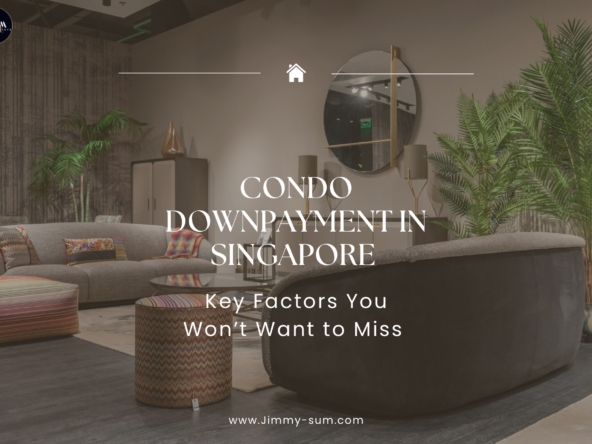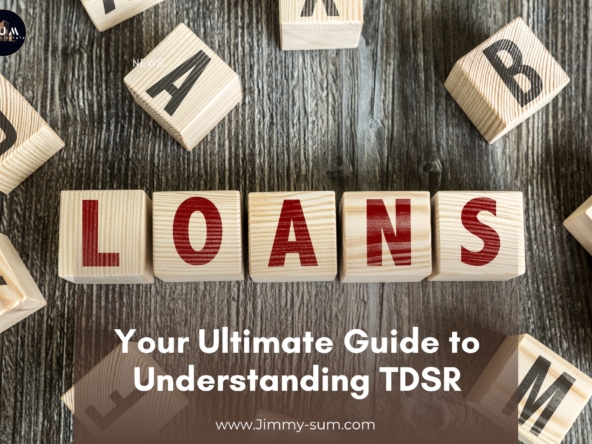On 27 April 2023, the Singapore government implemented new property cooling measures on ABSD to manage investment demand and promote a sustainable market. This latest round comes just over six months after the previous set of measures introduced in September 2022, which included changes to the HDB LTV ratio, stress test interest rates, and a wait-out period of 15 months for non-subsidized HDB resale flats downgrading,
The government’s latest move follows discussions on foreign buyers’ apparent resilience to existing measures and aims to deter foreign investment further. Let’s delve into the details of the Singapore property cooling measures and their potential impact on property buyers and investors.
Latest Revision of ABSD Rates
ABSD is a stamp duty fee on Singapore’s second and subsequent residential properties for Singapore citizens. At the same time, it applies to any residential property purchase for permanent residents and foreign buyers. ABSD does not apply to HDB properties as they cannot be purchased as additional properties.
Effective 27 April 2023, ABSD rates will be increased across the board, except for first-time purchases by permanent residents and citizens of Singapore.
ABSD Rates for Different Categories of Buyers
1. Singapore Citizens (SCs)
SCs purchasing their second residential property will face an increased ABSD rate of 20%, up from the previous rate of 17%. SCs purchasing their third and subsequent residential property will face an ABSD rate of 30%, up from the previous rate of 25%.
2. Singapore Permanent Residents (SPRs)
For SPRs, the ABSD rate for purchasing their second residential property will increase from 25% to 30%. For their third and subsequent residential property, the ABSD rate will be 35%, up from the previous rate of 30%.
3. Foreigners, Entities, and Trusts
Foreign buyers will be the most affected by the latest cooling measures, with a significant increment of 30-35% in ABSD rates for any residential property purchased. The revised ABSD rate will be 60% for foreign buyers and 65% for entities and trusts purchasing a residential property. This is expected to impact foreign private property owners drastically. If multiple parties with different profiles buy a residential property together, the highest ABSD rate will be applicable.
| Additional Buyer’s Stamp Duty (ABSD) | Before 27 April 2023 | On or After 27 April 2023 | |
| Singapore Citizens | 1st Property | 0% | 0% |
| 2nd Property | 17% | 25% | |
| 3rd Property Onwards | 25% | 30% | |
| Permanent Residents | 1st Property | 5% | 5% |
| 2nd Property | 25% | 30% | |
| 3rd Property Onwards | 30% | 35% | |
| Foreigners | Any Residential Property | 30% | 60% |
| Entities/Trustees | 35% | 65% | |
4. Joint Acquisition of Residential Property
Couples with one Singaporean spouse can still get a refund of ABSD if they buy the second residential property together under certain circumstances.
To be eligible for the refund, they must sell their first residential property within six months of buying the second property if it was already completed. Or the earlier of the two dates – the date when the Certificate of Statutory Completion (CSC) or Temporary Occupation Permit (TOP) was issued for the second property or the date of purchase – will be used to determine if the ABSD applies, except when the second property was not yet completed at the time of purchase.
5. Exemption From ABSD
Individuals who purchase an Executive Condominium or HDB flat directly from a housing developer and receive the upfront remission will not be affected by ABSD as long as one of the joint buyers is a Singaporean. The interest rate floor for TDSR (total debt servicing ratio) and MSR (mortgage servicing ratio) for HDB housing loans has been raised by 0.5%, and the LTV limit has been lowered from 85% to 80%. The government has stated that this policy will remain unchanged.
Significant Increase in Housing Supply
The government of Singapore has increased the supply of private and public housing to meet the high demand for housing and moderate foreign demand. The supply of private housing has been increased from 3,500 units to 4,100 units, and 23,000 public housing flats were launched in 2022, with a plan to launch 23,000 more this year. The government aims to launch 100,000 new flats between 2021 and 2025. The increase in housing supply is expected to benefit first-time homebuyers, who make up around 90% of the market.
Investment Shift to Commercial and Financial Assets
After the latest round of property curbs, investors may look for other investment opportunities in real estate that are not directly affected by the new regulations.
Some investors may choose to invest indirectly in real estate, for example, by investing in Real Estate Investment Trusts (REITs) or securities of property developers. These types of investments provide an alternative way to gain exposure to real estate without the need for direct ownership of a physical property.
REITs are investment vehicles that own and operate income-generating properties, such as office buildings, shopping malls, and industrial facilities. They offer investors the opportunity to invest in a diversified portfolio of real estate assets with relatively low investment thresholds.
Securities of property developers, such as stocks and bonds, are another way for investors to gain exposure to the real estate market. By investing in these securities, investors can benefit from the growth and profitability of property development companies.
Impact on Executive Condominiums (ECs)
Due to the higher ABSD rates for any private residential property, there may be an increase in demand for ECs as buyers who own a HDB as their first property are given an upfront remission on ABSD with the need to sell off their HDB within 6 months of key collections. However, you are a private property owner and want to get a new executive condo directly from developer, you need to wait for 30 months from the day you have disposed your private property before you are allowed to apply for one.
Buying ECs seems to be a more attractive option for some homebuyers who want to upgrade their property with a lower price tag and yet very reluctant to pay for the ABSD upfront.
Price Expectations
Despite the latest measures, residential property prices are not expected to fall but stay moderate. It is expected that home prices to rise by 4-6% this year. However, there may be expectation for a price correction later this year due to economic pressure, difficult financing, possible rental correction, and the prospect of further policy intervention.
Summing Up
Singapore property market’s latest cooling measures have sent shockwaves through the industry. The government’s move to double the ABSD for foreign buyers and raise the ABSD rate on subsequent properties for Singaporean citizens and permanent residents is aimed at curbing excessive demand and cooling the market.
While the measures are expected to impact foreign investors significantly, the government has pointed out that only 10% of residential property transactions will be affected.
Nevertheless, experts predict that the market will moderate in the coming months, with a possible price correction towards the end of the year. It remains to be seen how these measures will impact the market in the long term, and investors will need to carefully consider their options and seek some guidance from real estate professional to navigate the changing landscape.




